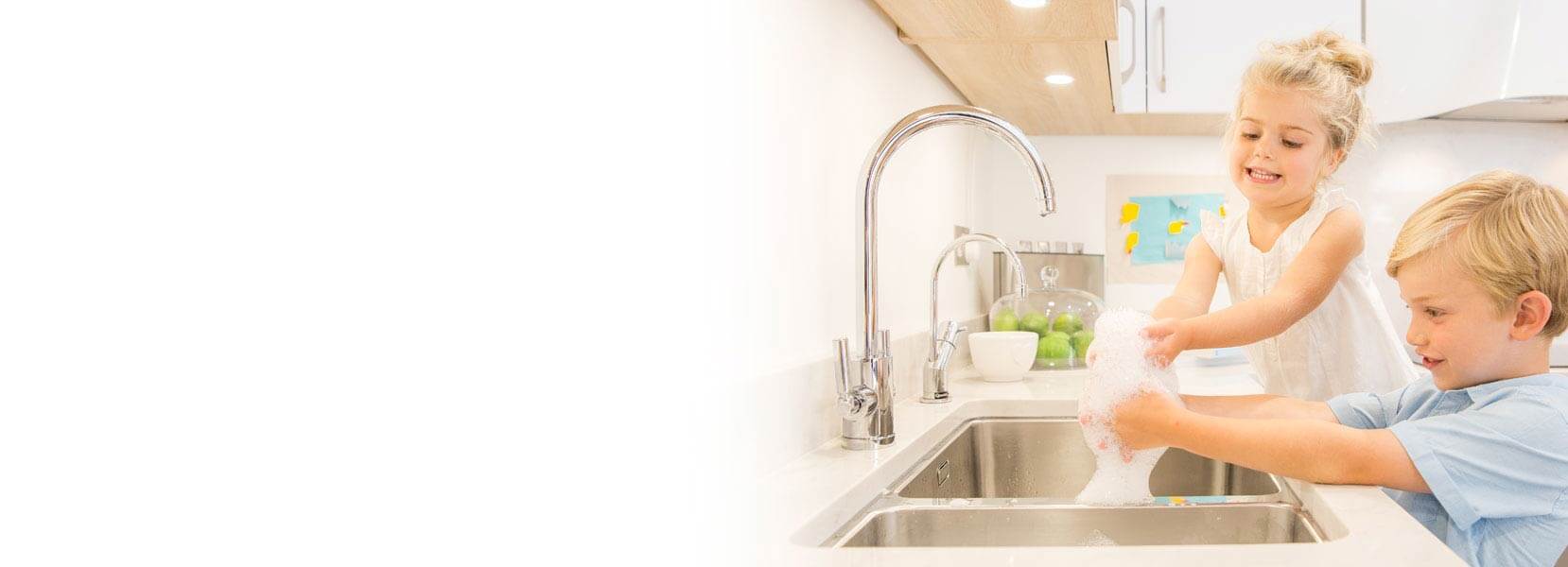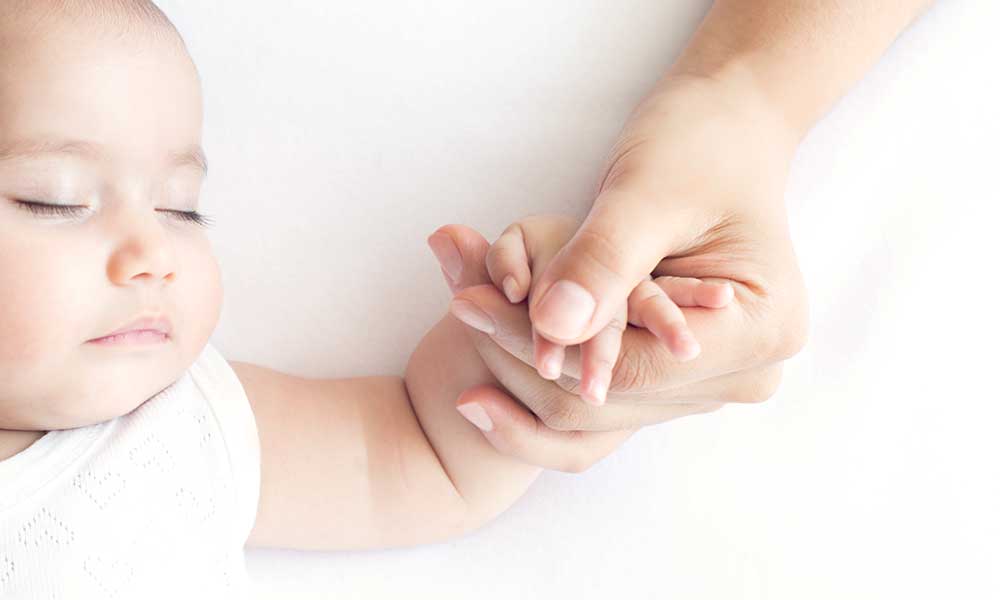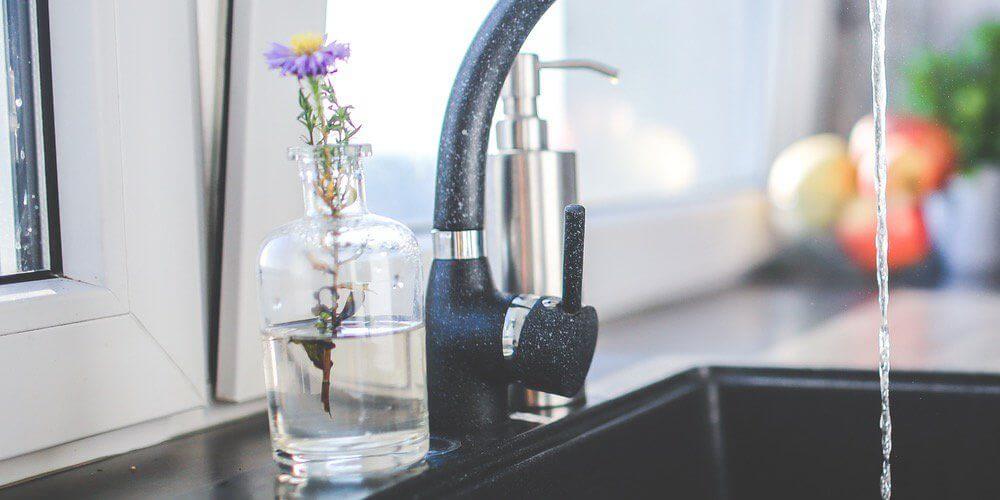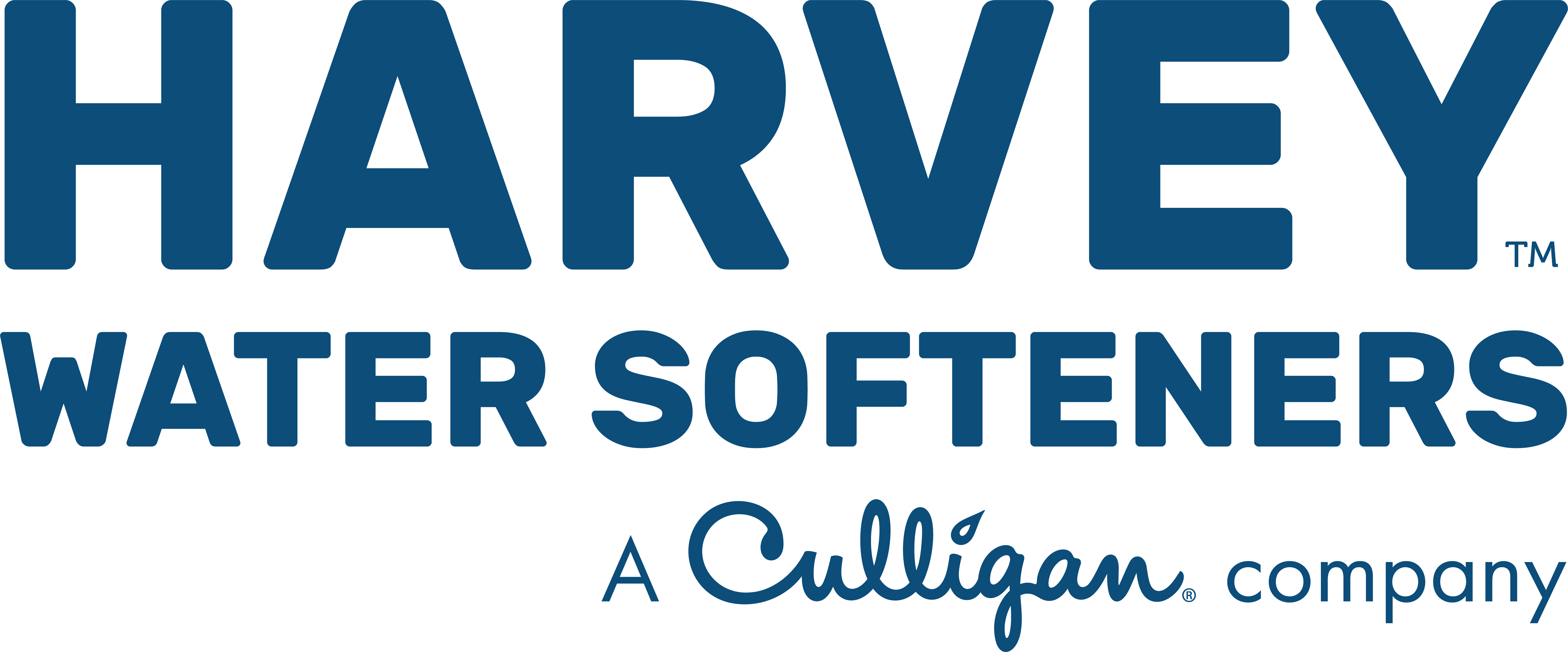
Can Hard Water Cause Eczema?
New study reveals the link
Summary of the study
Hard water has often been considered to be an affecting factor to atopic dermatitis (AD) or to everyone else, eczema. The scientists at the University of Sheffield wanted to see how washing with different kinds of water affects people in terms of eczema and skin irritation, as eczema currently affects 13-30% of children and 2-10% of adults.
It was all about seeing how the sodium lauryl sulphate (SLS), or bits left behind from washing, affect people’s skin. For example, washing with hard water leaves behind more magnesium and calcium on the skin. They tested softened water, hard water and chlorinated versions of the two.
They identified the ‘filaggrin’ (FLG) protein in participants which were selected because it is known to be a cause for eczema. This is a genetic mutation some people have, but it does not mean for certain you will have eczema, as around 10% of the population carry the gene but have no skin issues.
How did they study people?
It was conducted in a controlled environment in the Royal Hallamshire Hospital in Sheffield on a total of 80 participants. It was all approved by the NHS ethics committee if you were worried about anyone being hurt in the study!
The 80 people were split into four groups;
- 20 people with healthy skin
- 20 people with the FLG protein and no eczema issues
- 20 with eczema or FLG protein
- 20 with eczema and the FLG protein.
It was a wide variety of people in gender and age ranging from 18-56 year-olds.
They took hard water from Essex homes and then softened water from the same homes with a Harvey Water Softener installed. They then washed the participants on 8 sections of their body with 2 parts left alone to act as a reference point.
To stop any issues of bias no one knew what type of water they were being washed with at any point.
The washing was done with 5 seconds water, 30 seconds washing, then another 5 second rinse, across all of the patients making it completely fair and scientific.

What did they find?
They found that washing with different kinds of water affected the skin in different ways.
- They found that hard water ultimately made eczema worse.
- They discovered it created an irritable skin barrier that could cause eczema in healthy skin.
- The patients studied with the FLG protein were more prone to developing eczema, regardless of their existing eczema condition.
This was not all the study discovered though, hard water was worse for an infant’s skin that we had previously thought. See the full study findings below.
Ultimately this was bad news for anyone in a hard water area that suffers from skin conditions, especially those who have developed eczema whilst washing with hard water.

What were the final results?
There were 6 main takeaways from the study, and here they are without all the heavy science language.
- There were no clear effects of chlorine levels on skin irritation.
- Maintaining a pH balance in washing products was found to be a good way of avoiding eczema.
- Washing with hard water made skin irritation worse for people already suffering from eczema.
- Washing with hard water increased exposure and deposits of irritant SLS which can cause red and irritated eczema on the skin.
- In infants, washing with hard water contributes to the early development of eczema at a very young age.
Water softeners can reduce the risk of developing eczema by reducing the irritant magnesium and calcium bits left from washing.

What does this mean for me?
If you or people you know are suffering from eczema, the link between hard water and eczema has now been proven. Water softeners can help you in many other ways and save you money, as well as keep your skin free of irritants.
Be careful when selecting washing products, as having those which are pH balanced will help your skin in a small way, most will tell you on the bottle if they are.
If you have young children or babies on the way, avoid washing with hard water and be sure to use a sensitive baby wash.
Please don’t hesitate to contact us to see how we can help you avoid skin problems now and in the future.
